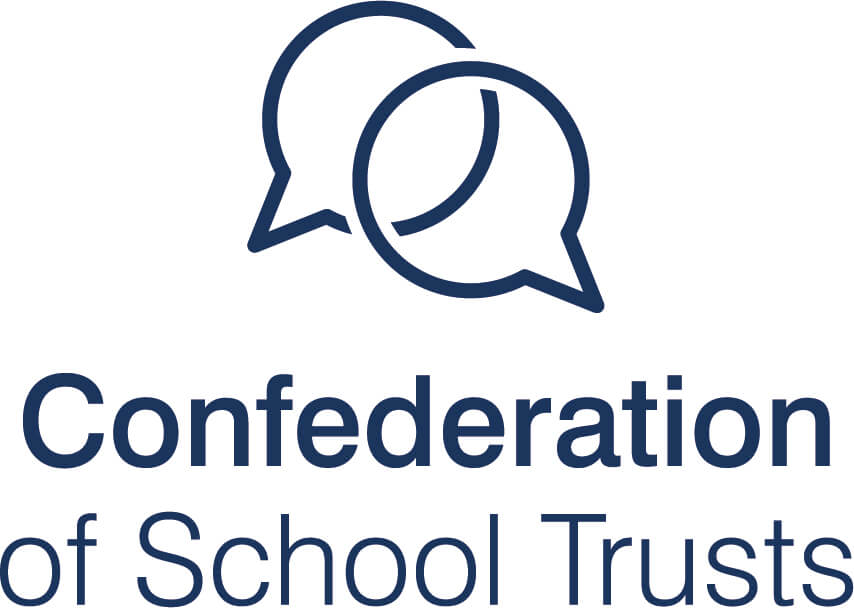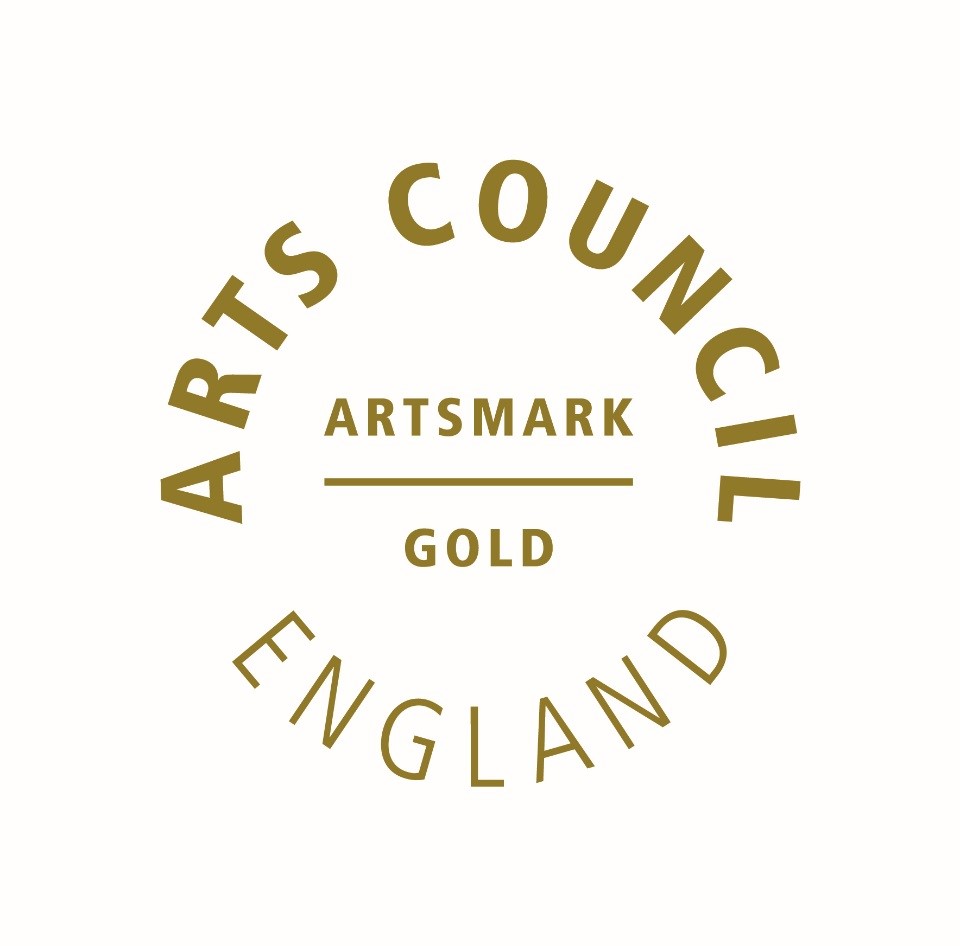Reading
At Zetland we would like our children to enjoy reading and develop a love of books that lasts a lifetime. We want to help our children to get a ‘quick start’ with their decoding skills and become competent decoders at a very early age. Our children will develop a secure understanding of the books that they read and be able to share thoughts and feelings about books as they become confident and knowledgeable readers.
Planning for progress
We use a variety of different text types and author studies within each year group. Our long term and medium term planning documents show the reading choices for each phase in school. This approach is reflected through the whole class texts that we choose and influences the choice of our shared texts and class reading activities that we complete. This book led approach allows children to develop and understand a range of appropriate and higher order vocabulary and knowledge that they can use and apply in other curriculum areas.
Phonics
In order to develop their decoding skills our children begin to learn phonics skills as soon as they enter our Nursery. We follow the Little Wandle Phonics scheme to deliver these lessons. Phonics is taught daily in EYFS and KS1. Across KS1 and KS2 children have SPAG sessions that continue to build on aspects of Phonics that is taught in lower school and also provides the opportunity for KS2 children who need to revisit learning from the phonic phases alongside learning punctuation and Grammar skills. Phonics lessons follow the sequence: Revisit/Review; Teach; Practice; Apply and also include the teaching of basic sight words – ‘tricky’ words and high frequency words. Children are organised into groups according to the Little Wandle program. Individual Reading books in EYFS and KS1 are matched to the phonic phase that the children are reading. Children on the Little Wandle program also take home a book to share with an adult alongside their Little Wandle book. Once children exit the program they take home a book to read individually that is at the correct book band level for their reading ability. Click here for helpful guides and videos of how you can support your child with phonics at home.
Language/reading comprehension
In EYFS books are read to children daily and discussions and questions about these texts develop their reading comprehension skills. In Y1, children also have a weekly comprehension lesson, which involves verbal discussions and questions about books and then moves onto written comprehension questions about a picture or a text. From Y2 onwards, children have Reading Explorer sessions as a whole class in order to develop their reading skills.
High expectations for all
In all classes, there are children of differing reading ability and attainment. We recognise this fact and provide suitable learning opportunities for all children by matching the challenge of the text to the ability of the child. Children who need extra support with their reading take part in a Reading Intervention program. At Zetland, we use Reading Rocketeers and the Little Wandle catch up programs for our specific reading intervention support amongst other specific/personal/targeted interventions organized by the class teachers. Any child who needs extra support with their reading is also offered extra opportunities to read with an adult in school. Children with SEND sometimes receive extra support in the form of programs such as Toe by Toe. Some pupils use specific support strategies such as coloured acetates, reading lines and b/d/ cards to support their reading development. In school we receive extra support and advice from the Educational Psychologist and the LA Specialist Teaching Service when necessary.
Promoting Reading and Parental Involvement
We encourage all Parents to take an active role in helping their children to read. We make parents aware of the expectations for reading in each year group by showing them an expected level of text for the end of their child’s year. An opportunity for 1-1 reading session demonstration is also offered for Parents who express concerns with individual reading or would like some extra advice or support with reading at home. Parents also have ‘Welcome meetings’ for Reception ready for the start of the new school year. Before SATs, parents are invited into school to learn about how the tests work and how they can support their child to prepare for these tests at home.
Children in each class receive regular homework tasks to complete which support the reading skills that we have taught at school. In preparation for Y6 SATs, Y6 have focussed reading homework alongside their other reading choices.
All children from Reception onwards have a reading record book to record their home reading. The use of these records is monitored by adults in school. We also use Marvellous Me to communicate reading messages to parents. Nursery have a home loan system to promote a love of reading and enjoyment of texts from an early age.
We celebrate reading in school through our weekly ‘pupil of the week’ award and also our termly ‘star pupil’ award.
At Zetland, we celebrate World Book Day every year and the children are invited to dress up as their favourite book character. This year we are also hoping to arrange a storyteller visit to each class throughout the day.
Standards and Attainment
The standards of children’s work, attainment and the quality of teaching in Reading are the responsibility of the English subject Leader and Head Teacher. Progress in reading is assessed in a variety of different ways across school including the Little Wandle program, PM Benchmark kit, formative phonics assessments, previous phonics screening checks, NFER reading assessments and formative Shared/Guided reading tasks and assessments. Once a term, Teachers input a reading assessment grade into SIMs and this is shared with school during our termly Standards staff meeting.
Progression in knowledge and understanding is ensured through careful transfer of information during transition discussions and moderation of work to clarify expectations and standards for children at different levels of reading attainment.
Reading interventions are monitored and co-ordinated by the English Subject Leader.
During Parents Evening in October and February, teachers discuss children’s progress in reading and discuss targets and ways to help their child in reading. In July, Parents receive their child’s yearly report, which includes their child’s current level for reading. Statutory Reading Assessments take place at the end of EYFS and KS2.
Ensuring high quality teaching and learning
The English Leader is responsible for monitoring the teaching of reading across school and ensuring that relevant reading resources are available. Our SIDP highlights areas in reading that we are aiming to develop and improve across school and within each phase. We organise CPD based on our SIDP targets and when a particular need arises.
English Leaders within the Ironstone Academy trust work together to share practice, raise attainment of all children within the Multi-Academy Trust, moderate work and ensure consistency across the schools.
Learning environment
Within each classroom there is a reading area and classroom displays are linked to topics and feature reading activities and particular authors. We have a school library that is organised into colour bands that match reading ability for fiction books and non fiction books are organised into colour topic areas. Within the library area we have an author display. We have school reading ambassadors, which are children from the school council, who help to organise the library and promote reading through school.
More detailed information regarding Reading at Zetland Primary School can be found in the English Policy, which is located on our school website.
Mrs J Hamilton
English Subject Leader
December 2019 and updated 9.9.24
More detailed information regarding Reading at Zetland Primary School can be found in the English Policy







